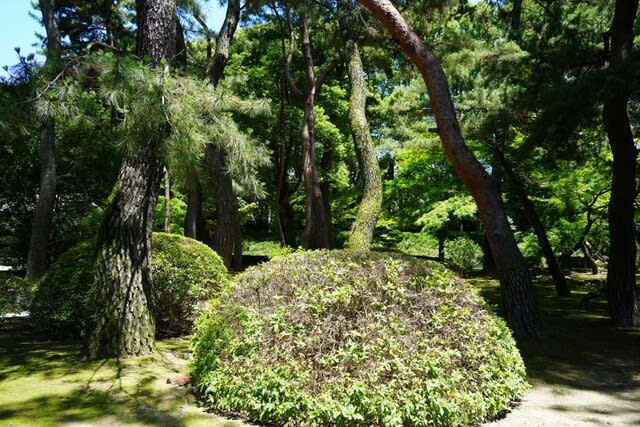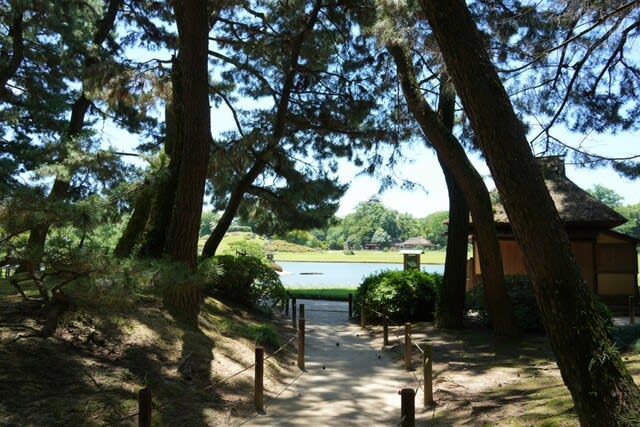The following is from an article by Professor Emeritus Sukehiro Hirakawa of the University of Tokyo, published in today's Sankei Shimbun's "Sound Argument."
It is a must-read not only for the Japanese people but for people worldwide.
Pacific War" or "Greater East Asia War"
Several articles in this newspaper recently have argued that the Showa War should be referred to as the Greater East Asia War, not the Pacific War.
The expression is free.
But is it right or wrong to use it? Some people are for it and some are against it.
I will clarify the issues here.
Some people in favor of the name "Greater East Asia War" argue, in the manner of jurists, that this is because the Cabinet meeting of December 12, 1941, decided to call the war against the U.S. and Britain the "Greater East Asia War," including the Second Sino-Japanese War.
At that time, new place names were created as the war progressed.
After the fall of Singapore on February 15, 1942, the first National Convention to celebrate the victory was held on February 18.
I broadcasted thanks to the Imperial Army on behalf of the country's people.
Just before the broadcast, Mr. Toyotaro Tanaka, a teacher accompanying me, added the following words to the manuscript: "Singapore has now changed its name to Shonan Island.
I, a fourth grader, read it out loud.
Even today, I vividly remember the name Shonan, but not many people remember it.
Furthermore, no one remembers that Guam Island, which our troops occupied at the beginning of the war, was called Omiya Island, even though it was a government decision to call the island Omiya.
Conversely, at the end of 1945, the occupying forces forbade the Japanese to call the war "The Greater East Asia War" and strictly ordered us to call it "The Pacific War.
But how long should we obey the order of the Allied Forces?
The U.S. side calls it "the Pacific War," so we should not only call it the "Pacific War.
If we call it the "Greater East Asia War," history will remember that Japan fought for the liberation of Greater East Asia as a righteous war.
It is inconvenient for the Allies, who want to maintain their former colonies.
Looking at History with Multiple Eyes
Let me ask a question here.
Was the Pacific War the only war Japan fought in World War II?
Is there no aspect of the "Greater East Asia War"?
In 1991, I gave my last lecture at the University of Tokyo titled "The Pacific War and the Greater East Asia War as manifested in literature.
The material included Japanese and English texts and sometimes Chinese texts.
The classroom was packed with students, half of whom were Japanese and half of whom were from countries that had once been enemies.
For a year, the graduate students studied "Bridge over the Battlefield," "The Burmese Harp," and "Letter to the President of the United States" by Lieutenant General Toshinosuke Ichimaru, who was killed in action on Iwo Jima, and Feng Zikai, which touched on the bombing of Chongqing. among other works.
The results were published in both Japanese and English.
I will not arrogantly insist that only certain countries are right.
Nor do we follow the masochistic view of history that apologizes only for Japan's wrongdoing.
What does Shinzo Abe mean by "breaking away from the postwar regime"?
Some foreign correspondents were skeptical and critical.
However, there was widespread support for a restart of the postwar system in Japan.
I do not accept the verdict of the Tokyo Tribunal, which was a "victor's trial," but that does not mean that the Japanese military was right.
My assessment of history is the same then as it is now.
The military was responsible for expanding the war front in China without following the government and without a solution in sight, and the newspapers that followed the military were also to blame.
This article continues.

2024/7/5 in Okayama




























